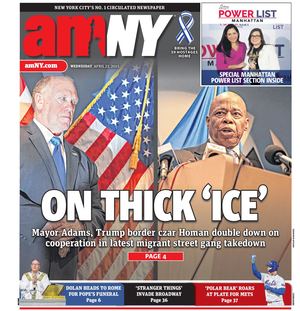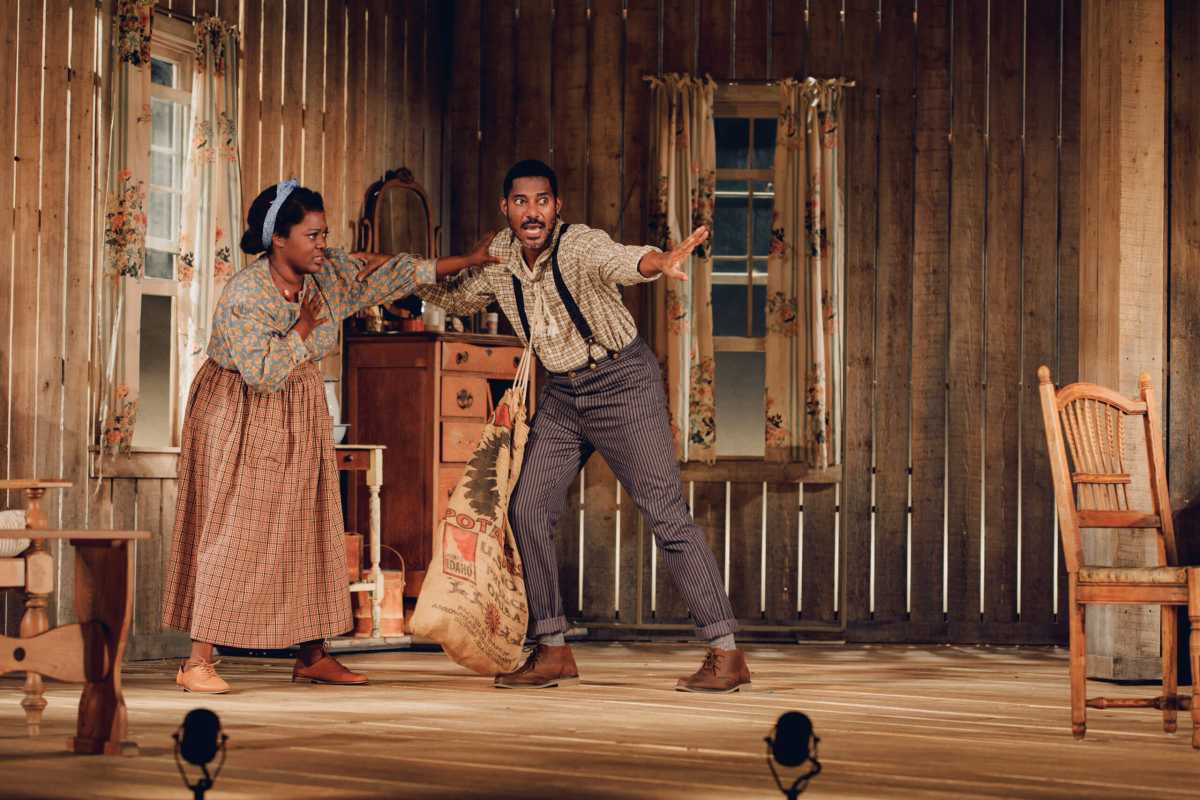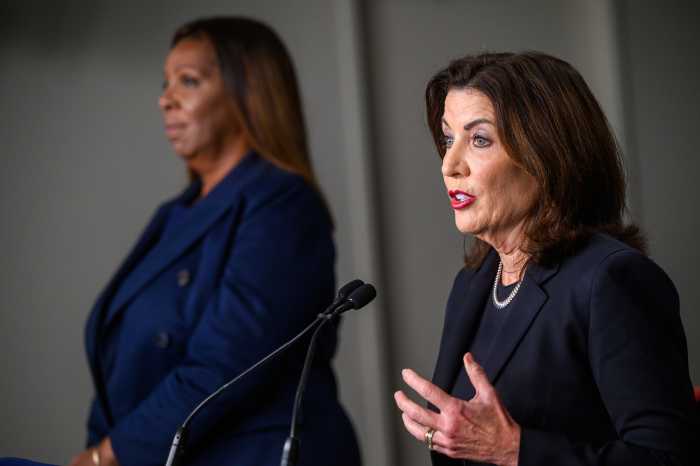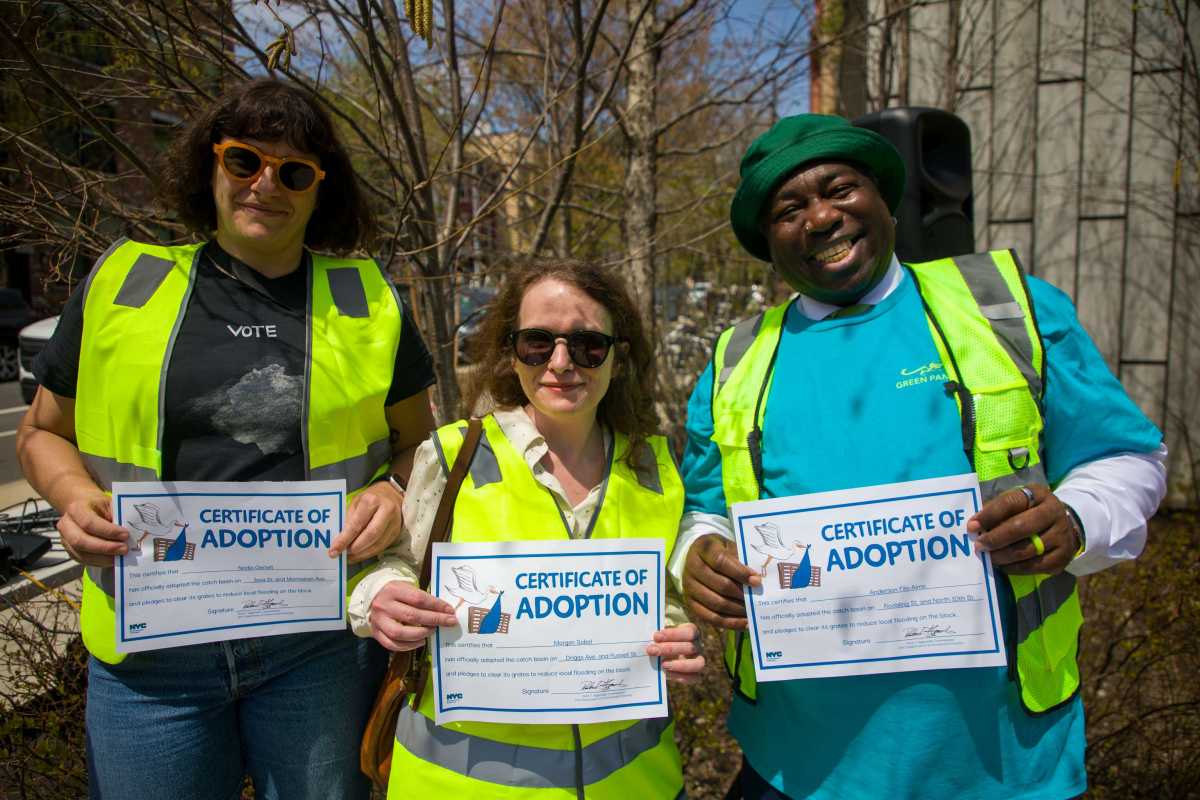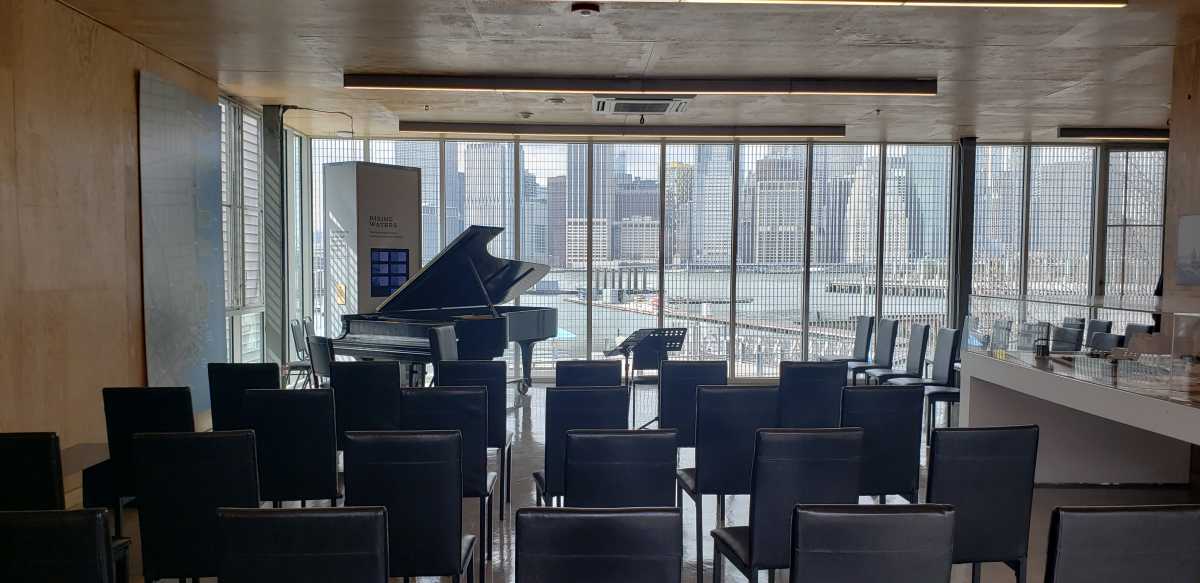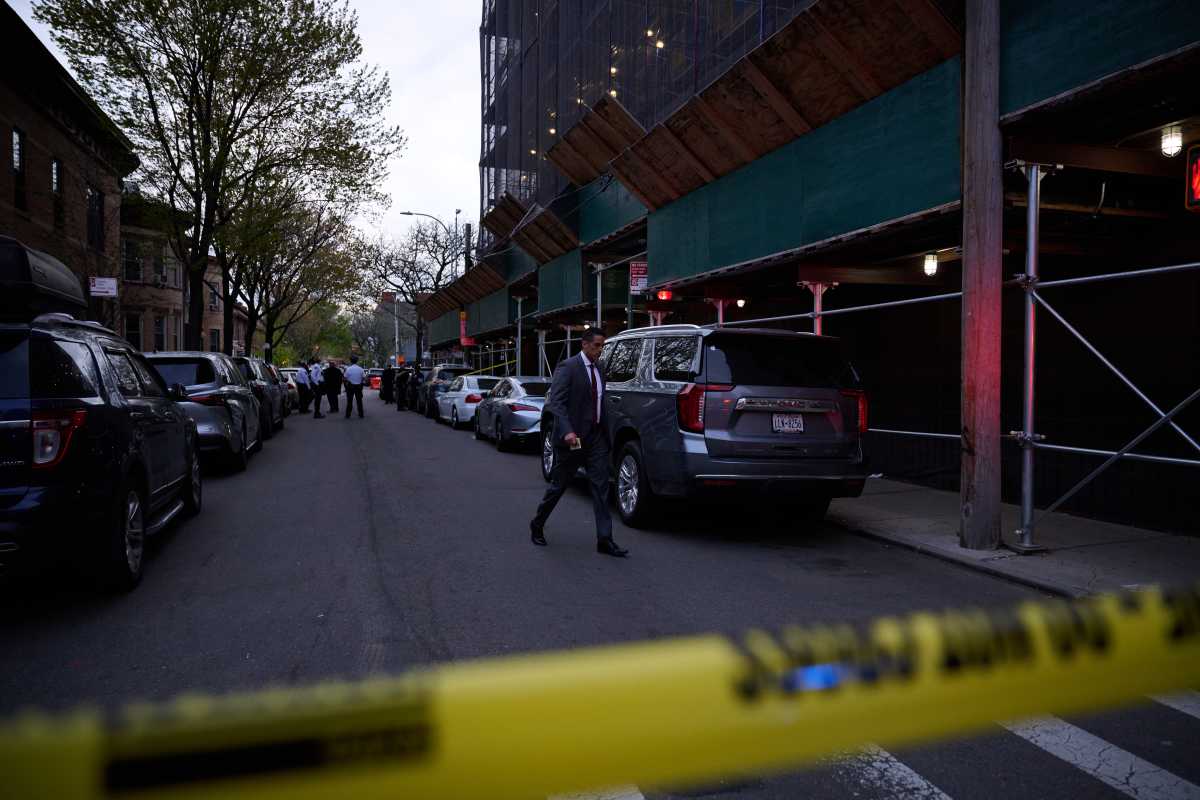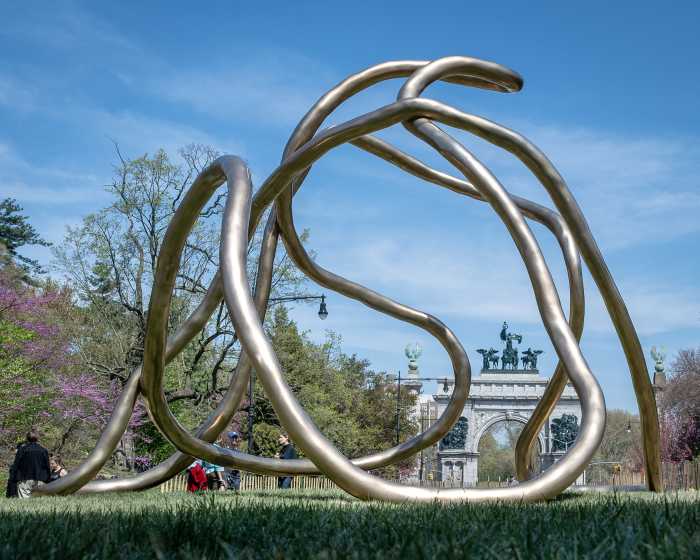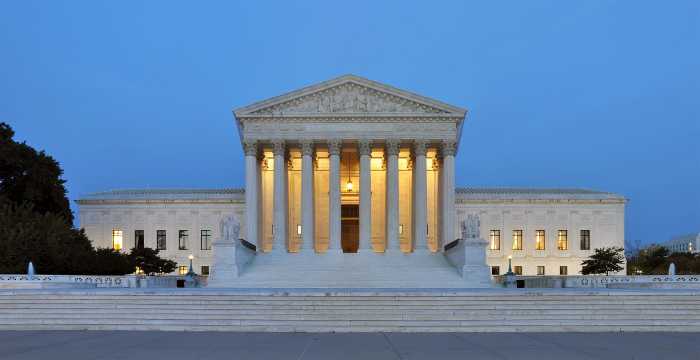“Lean into it,” urges Tony Award-winning director Kenny Leon (“A Soldier’s Play,” “A Raisin in the Sun”) to the audience in an usually personalized pre-show recorded greeting for the jubilant and muscular Broadway revival of Ossie Davis’ 1961 race relations satire “Purlie Victorious: A Non-Confederate Romp Through the Cotton Patch,” which Leon wistfully describes as depicting “somewhere between rage and hope.”
Leslie Odom, Jr., who won fame and acclaim for originating the role of Aaron
Burr in “Hamilton,” makes his long-delayed return to Broadway as the title character, who was originally played by Davis himself alongside his wife, Ruby Dee. (If you look on YouTube, you can find a faithful 1963 film adaptation of the play, under the new title “Gone Are the Days!,” starring Davis and Dee.)
Among the list of celebs who have been enlisted as above-the-title honorary producers of the show are Alan Alda (who had a small role in the original Broadway production), Samuel L. Jackson, and Kerry Washington.
As Leon notes in his intro, this revival marks the first commercial production of “Purlie Victorious” in over 60 years, likely the result of the play being overtaken in popularity and familiarity by a 1970 musical adaptation titled simply “Purlie,” which received an Encores! production in 2005 with Blair Underwood and Anika Noni Rose.
In “Purlie Victorious,” the title character, an aspiring preacher, returns to the George plantation where he grew up with the goal of earning $500 in order to purchase and reopen a nearby church. Purlie’s plan is to trick Ol’ Cap’n Cotchipee (Jay O. Sanders), the unapologetically bigoted plantation owner, into believing that Lutiebelle Gussie Mae Jenkins (Kara Young), a sweet young girl who Purlie just met, is the daughter of a woman who is entitled to a $500 inheritance.
At first, I found it curious that the play, rather than the musical, was being revived. However, while the play can occasionally feel long-winded and expository by today’s standards, it is noteworthy for its earnest, life-affirming emphasis on love and forgiveness in response to struggle, demanding freedom, and exposing injustice through ridicule, as best demonstrated when the characters expose the boss’s bloated ego.
Odom makes for an upbeat and persuasive Purlie, while Sanders combines a cartoon Colonel Sanders persona with gestures of genuine cruelty and abuse. However, the standout of this revival is Young, who imbues a role that could be played as a simple cipher with quirky, wide-eyed, high-powered theatricality. Billy Eugene Jones is also wonderful as a fellow worker who earns the trust of the boss by hammily reenacting a ridiculously over-the-top “Uncle Tom” persona.
Even the barn-like set design turns out to be a show-stopper thanks to a final change that suits the happy ending.
Since Broadway reopened following the pandemic, many important plays by Black playwrights such as August Wilson, Suzan-Lori Parks, Lorraine Hansberry, and Adrienne Kennedy. Davis’ “Purlie Victorious” was much worth adding to the list. As per the title, this production is indeed “victorious.”
Music Box Theatre, 239 W. 45th St., purlievictorious.com.
Read more: Target Opens New Store in Union Square as NYC Footprint Grows
